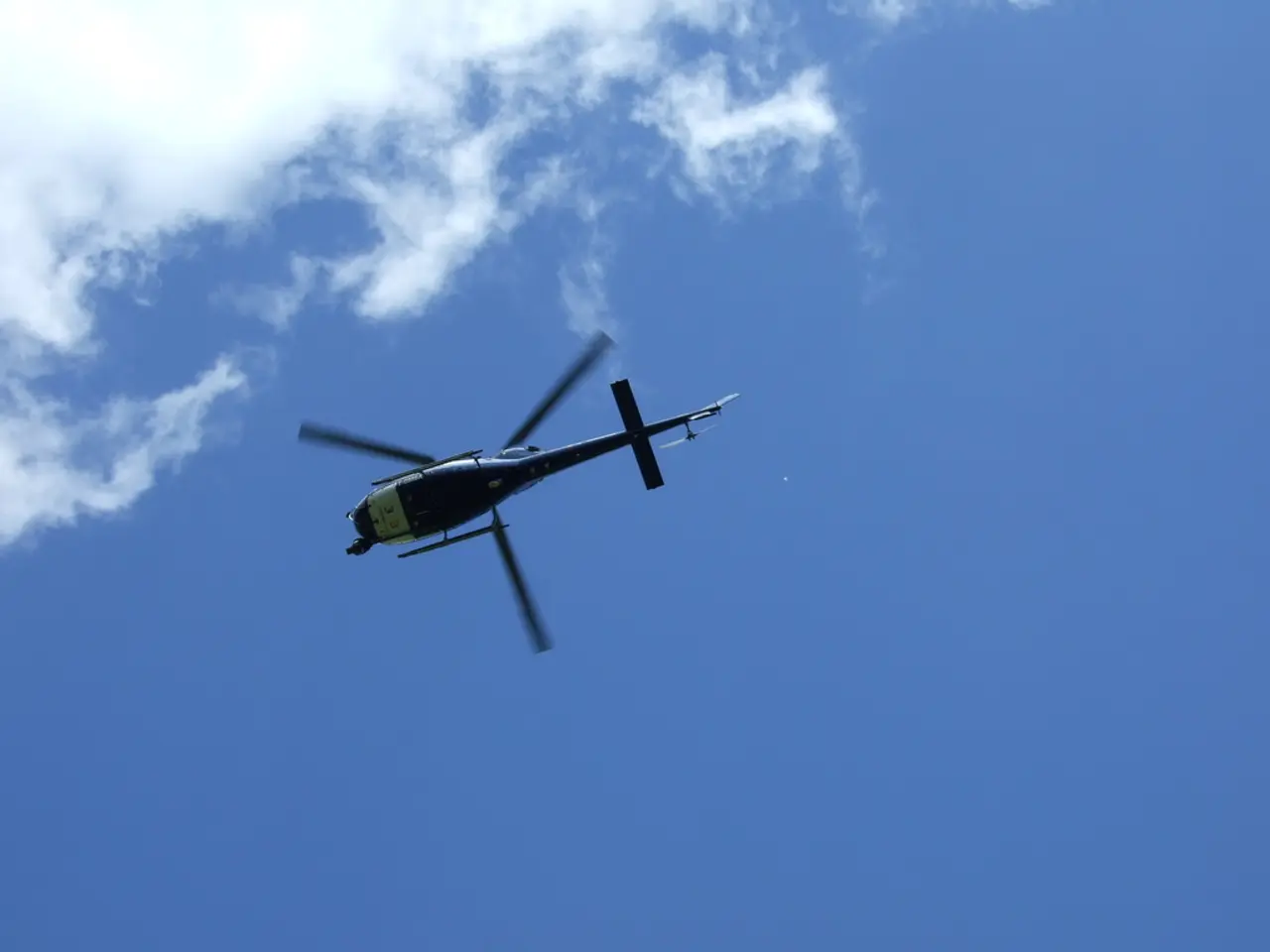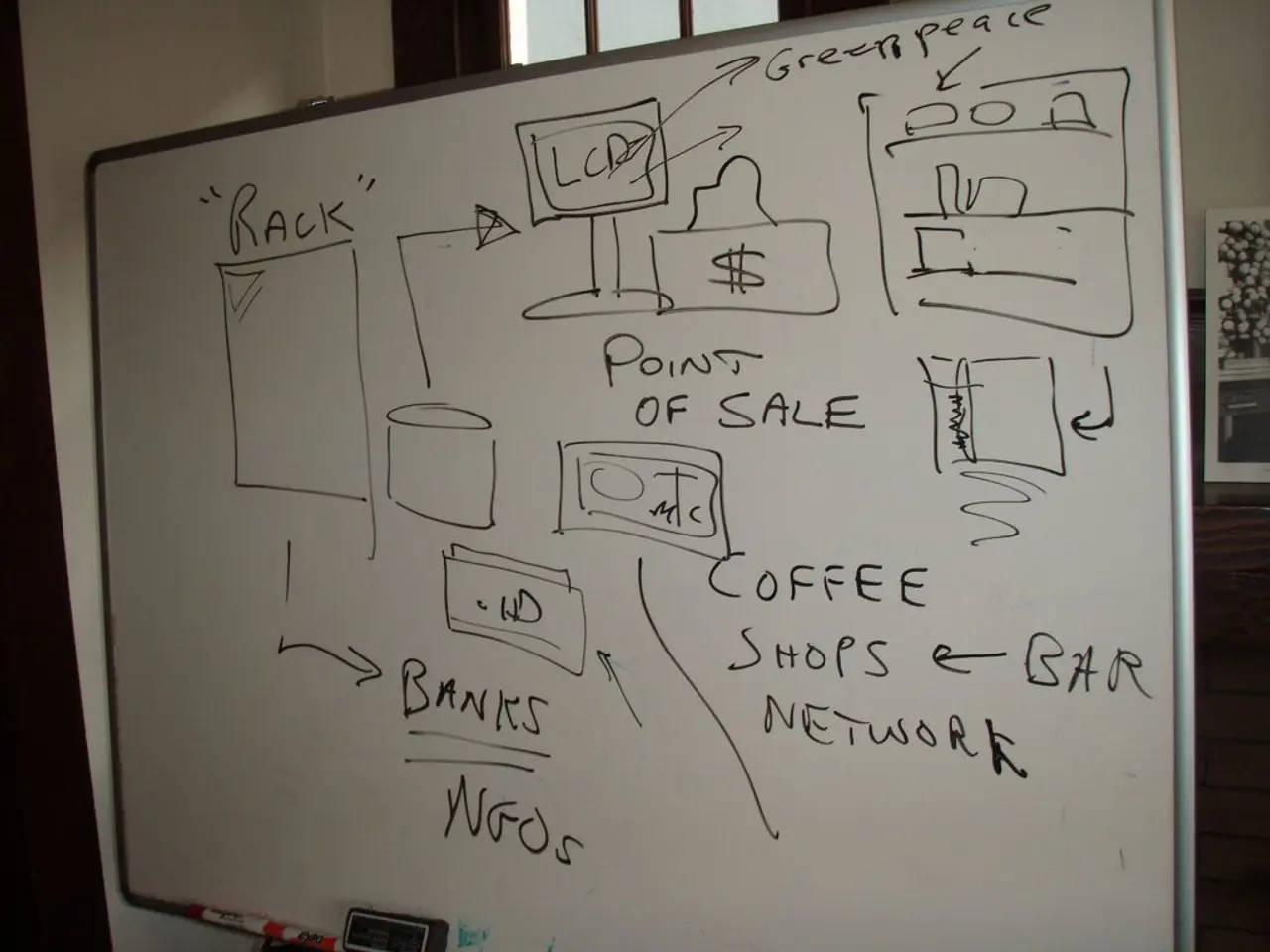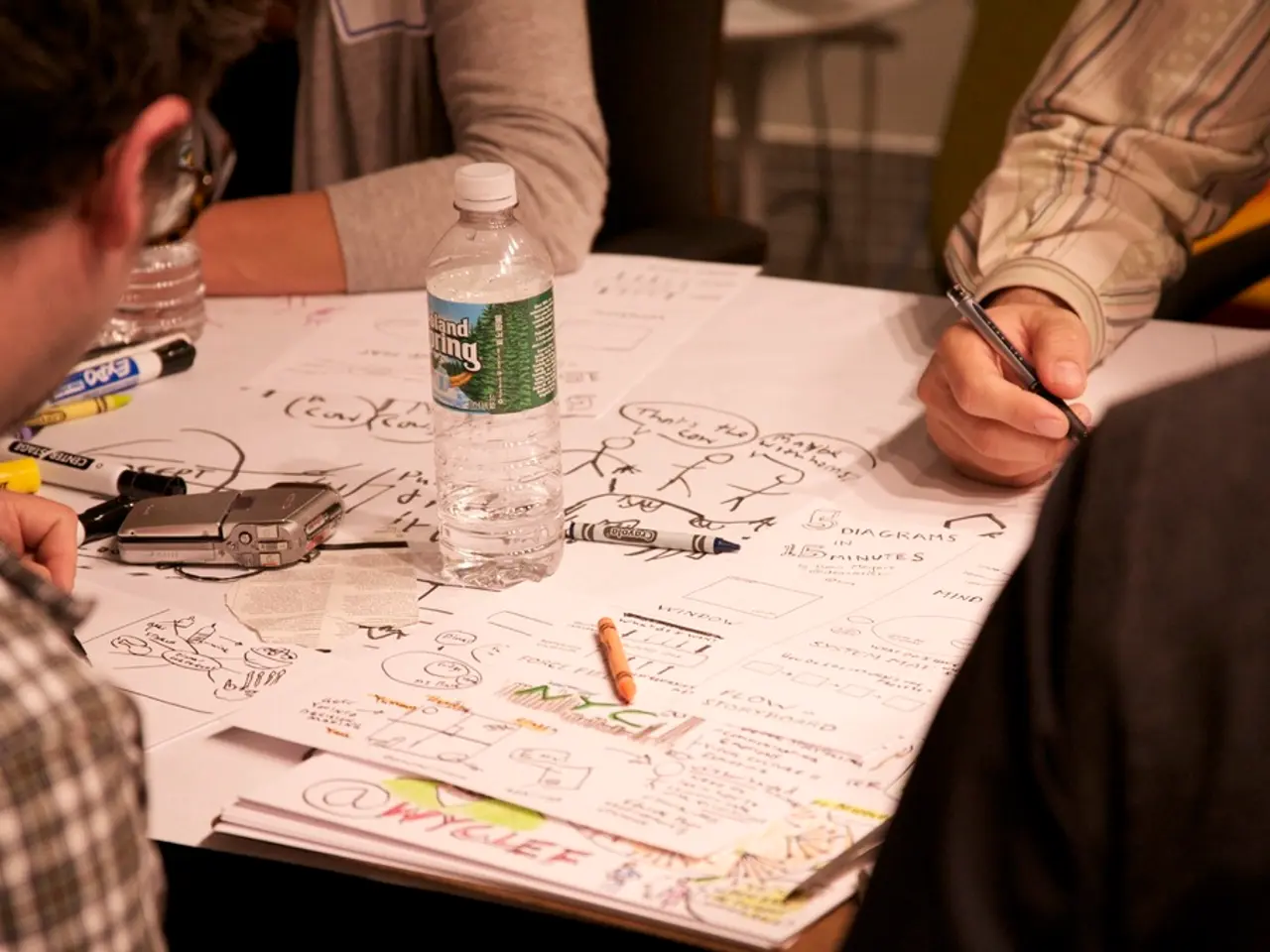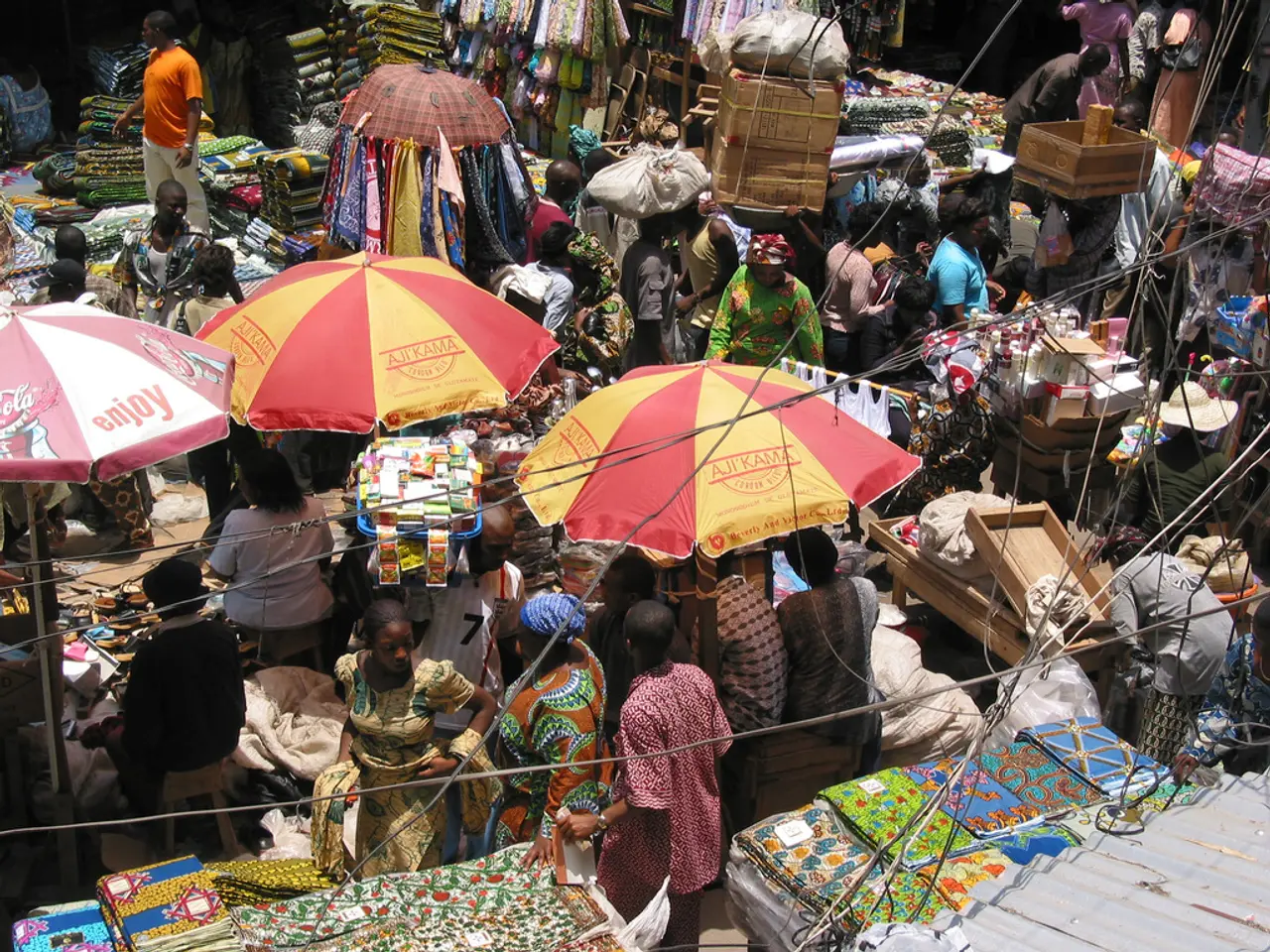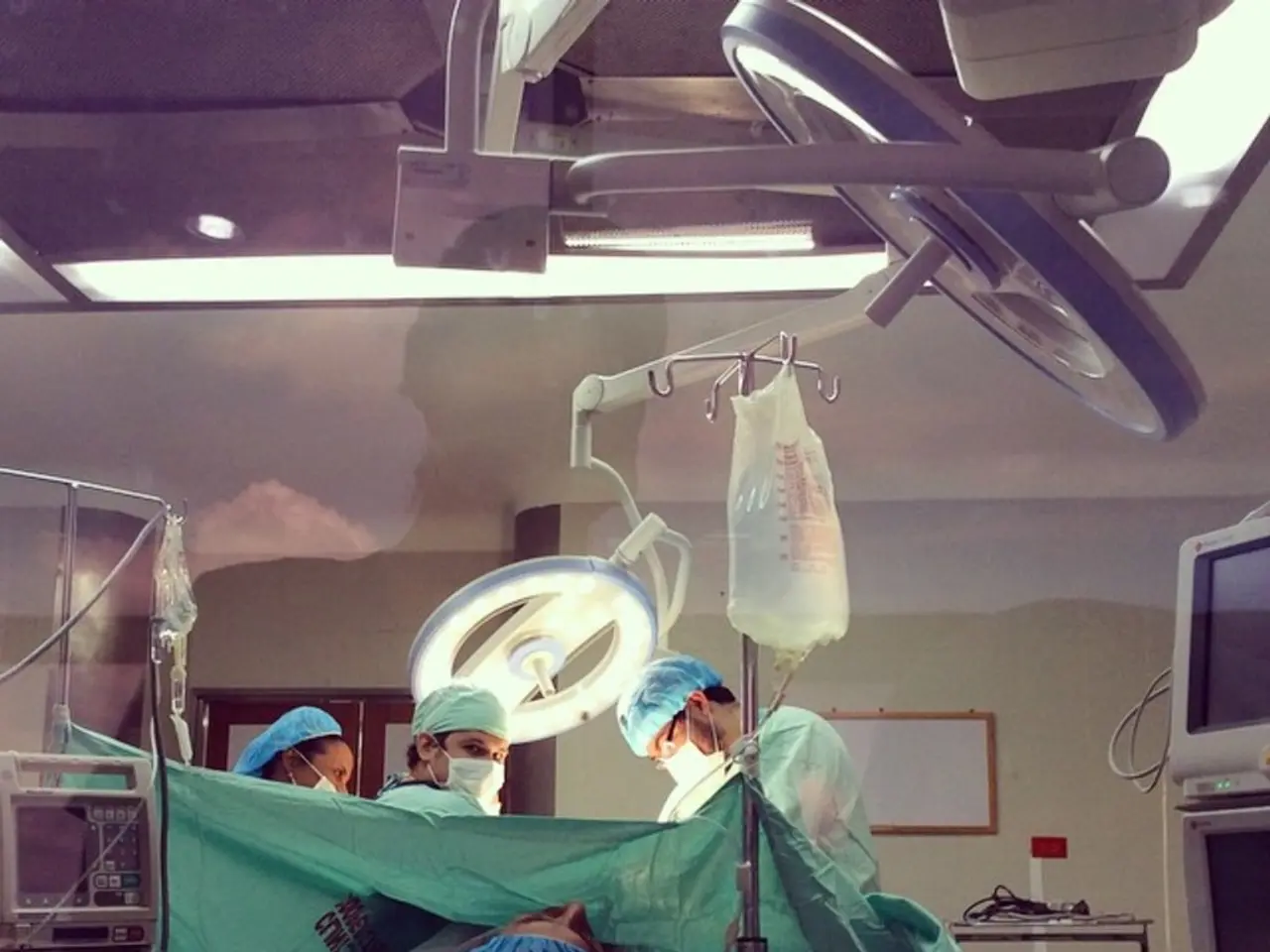Philippines' Health Sphere under President Marcos Jr: Unveiling the Highs and Lows
Marcos' First Century: Absence of Health Department Secretary, Unmet Health Workers' Compensation
Manila, Philippines - As President Ferdinand Marcos Jr. completes 100 days in office, the country's health sector has yet to see significant improvement. The COVID-19 pandemic, inherited from the Duterte administration, remains unabated.
The absence of a full-time health secretary remains a pressing concern. Although Health Undersecretary Maria Rosario Vergeire, a career official, has been designated as officer-in-charge, her role is limited, says Dr. Maricar Limpin, past president of the Philippine College of Physicians.
COVID-19 cases are still on the rise, with the Department of Health (DOH) recording a daily average of 2,288 cases. The government's booster program is also stalling, with only 25% of fully vaccinated individuals receiving their first booster shot.
Health Workers' Plight
The struggles of health workers seeking their unpaid benefits from the government persist. Recent protests aimed at hastening the release of their long-overdue incentives – One COVID-19 allowance (OCA), health emergency allowance (HEA), and special risk allowance (SRA) – have gone unheeded.
Benjamin Santos, secretary-general of the Alliance of Health Workers, states that health workers dealing with chronic understaffing, low wages, delayed payments, and difficulties in claiming COVID-19 benefits continue to face challenging conditions.
An estimated 50% of eligible nurses were unable to claim their OCA for January, according to Filipino Nurses United. Migration is one reason cited by the DOH for the shortage of health workers, with an annual deployment cap of 7,500 intended to be maintained.
The impact of the pandemic was most keenly felt in 2021, with hospitals experiencing a rash of resignations, exacerbating a shortage of manpower and underscoring the challenges faced by health workers.
Despite the challenges, the DOH has disbursed over P26 billion for the grant of COVID-19 benefits and compensation as of September 30. This includes over P18 billion spent on SRAs, meals, accommodation, and transportation benefits, Active Hazard Duty Pay (AHDP), and Life Insurance Enrollment under the Bayanihan Laws. Around P6.64 billion was allocated for the Health Emergency Allowance (HEA) and P1.56 billion for the payment of COVID-19 Sickness and Death Compensation.
Eased Masking Rules
On September 12, President Marcos signed an executive order making face masks optional outdoors. This move was opposed by the medical community, who argued that the eased masking rules would send a misleading message to the public – that COVID-19 no longer posed a threat.
Infectious diseases expert Dr. Rontgene Solante noted that it was inappropriate to compare the Philippines' COVID-19 policies with those of other countries, as each has distinct contexts and situations. He highlighted that among ASEAN states, only the Philippines and Myanmar still maintained masking mandates.
Positive COVID-19 cases continue to rise globally, with several countries, such as those in Europe and the United States, already scaling back on masks in most public places, albeit still recommended in indoor settings. However, it's essential to recognize that a substantial portion of these countries' populations have been vaccinated and boosted against COVID-19.
Aiming for COVID-19 Endemicity
As we approach the third year of living with COVID-19, the virus's path toward becoming endemic becomes increasingly clear. However, achieving this milestone will depend significantly on the concerted efforts of the government and the public.
In the face of these challenges, it's crucial to stand united for truth and protect the facts surrounding the Philippines' healthcare landscape. Join [our website] to be part of the movement that ensures accurate and timely information reaches the public.
Do you have comments, questions, or insights about this story? Engage with fellow netizens by downloading the [our website] Communities app for iOS, Android, or web, and join the discussions in any of our chat rooms. We look forward to hearing from you!
- In the quest for a healthier Philippines, there's an increasing call for workplace wellness programs that address medical conditions such as cancer and mental health issues, especially within the healthcare sector, which has been extensively impacted by the COVID-19 pandemic.
- The science community raises concerns about the recent easing of masking rules, fearing it could exacerbate the rise of positive COVID-19 cases, sending a misleading message that the virus no longer poses a threat.
- To effectively transition COVID-19 from a pandemic to an endemic, emphasizing health and wellness, both in terms of physical health (like managing medical conditions) and mental health, should be a priority for the current administration and the public alike.

